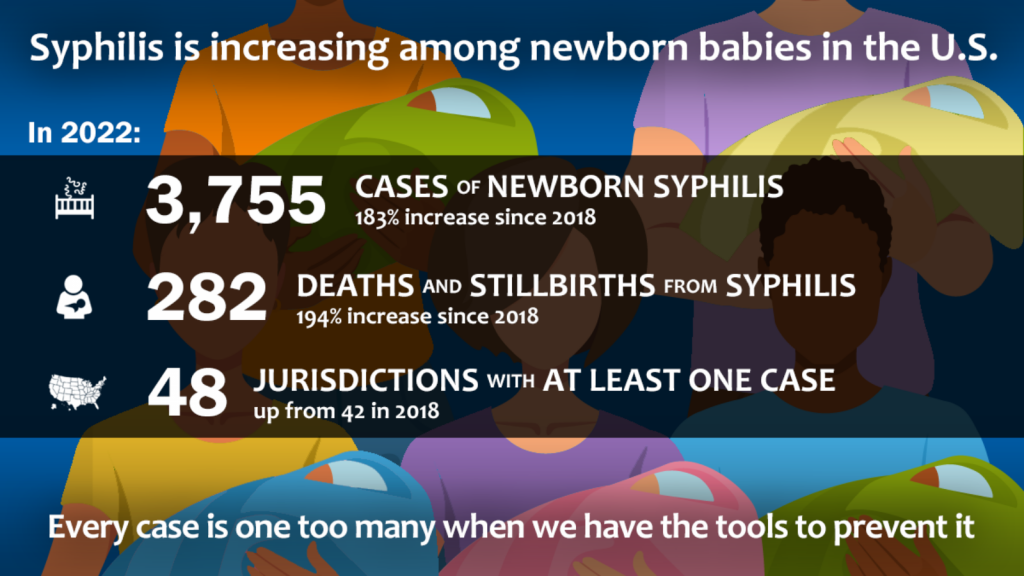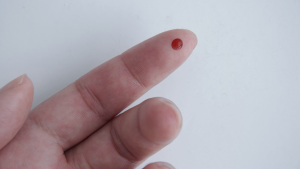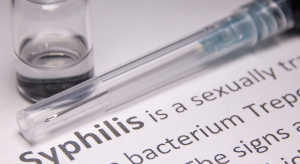
Universal Screening for Syphilis in Emergency Departments Can Catch Infections that Would Otherwise Be Missed
A new study found that opt-out screenings for all patients in emergency departments caught numerous cases of syphilis and HIV that would have gone undetected under other screening protocols.






